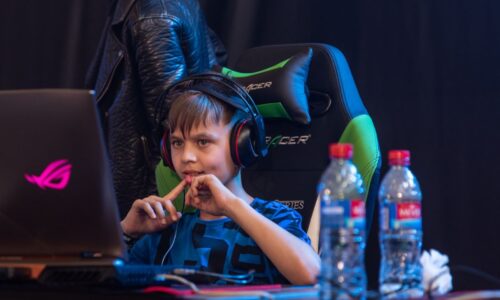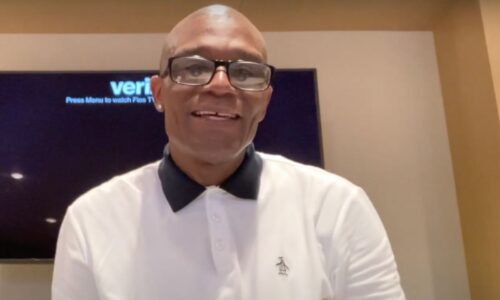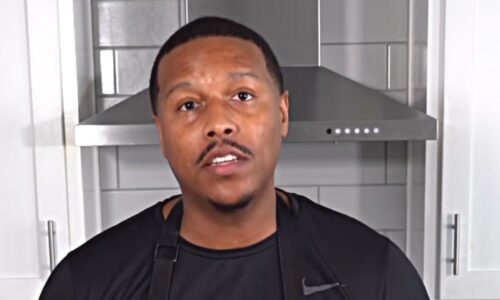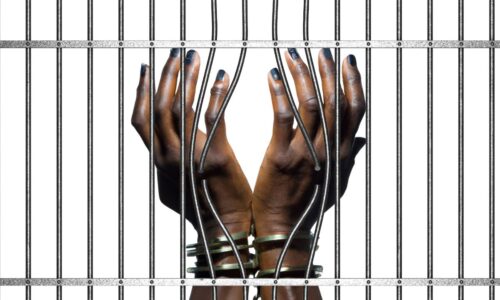The trial of the first police officer accused of manslaughter in the death of Freddie Gray has ended in a mistrial.
The nine jurors were originally deadlocked but they were ordered to continue their deliberations by Judge Barry G. Williams.
The jurors, which are four black women, three black men, three white women and two white men, could not reach a conclusion on any of the charges, which includes manslaughter, assault, reckless endangerment and misconduct.
Now, it is up to prosecutors to decide whether or not to charge Officer Porter, who was facing up to 25 years in prison.
The city is on edge and hundreds of extra cops are patrolling the streets of Baltimore, while politicians call for calm. Although Porter’s two-week trial is over, five more officers must go through the same process.
Officer Caesar R. Goodson Jr. Sgt. Alicia D. White, Officer Garrett E. Miller, Officer Edward M. Nero and Lt. Brian W. Rice will face the same charges beginning with Goodson’s trial in January.
Freddie Gray’s death received nationwide attention because of the heinous way he lost his life. The 25-year-old was arrested for carrying a pocket knife. He was handcuffed and shackled and left unrestrained in the back of the police van. It’s a practice known as “rough riding.”
 |
| Freddie Gray |
That’s when police place a suspect in the back of the van unrestrained, as the driver pretty much joyrides with the suspects in the back, knowing they will violently bounce around.
This is exactly what prosecutors claimed happened to Freddie Gray, who suffered from a serious spinal injury during his 45-minute “rough ride.” Gray pleaded for medical assistance, and each of the officers has been accused of ignoring his cries for help, which ultimately resulted in Gray’s death.
Freddie Gray’s death sparked deadly destructive riots in Baltimore in April and May 3. Over 200 people were arrested, and the city sustained over $9 million in damages during the unrest.
A new emergency center has been opened in the city to handle any violent outbreaks, but officials have welcomed peaceful protests, although the CEO of Baltimore’s city schools warned students there would be repercussions if they interrupted classes to protest the verdict.
“We need to make it clear that student walkouts, vandalism, civil disorder, and any form of violence are not acceptable under any circumstances and that students who participate in such behaviors will face consequences,” Thornton warned in a letter that his since sparked controversy and condemnation from the ACLU.
“Students have a First Amendment right to state their opinion and organize in the community.” – Susan Goering, Executive Director, ACLU of Maryland.
“Participating in a walk-out from school is a form of peaceful civil disobedience, and should be handled by schools as any other unexcused absence is addressed,” said Goering. “And if students engage in violent acts or vandalism outside of school, they face criminal sanctions, like any other person. But students cannot be punished in school for actions that take place out of school, absent some nexus to school activities or in school consequences.




